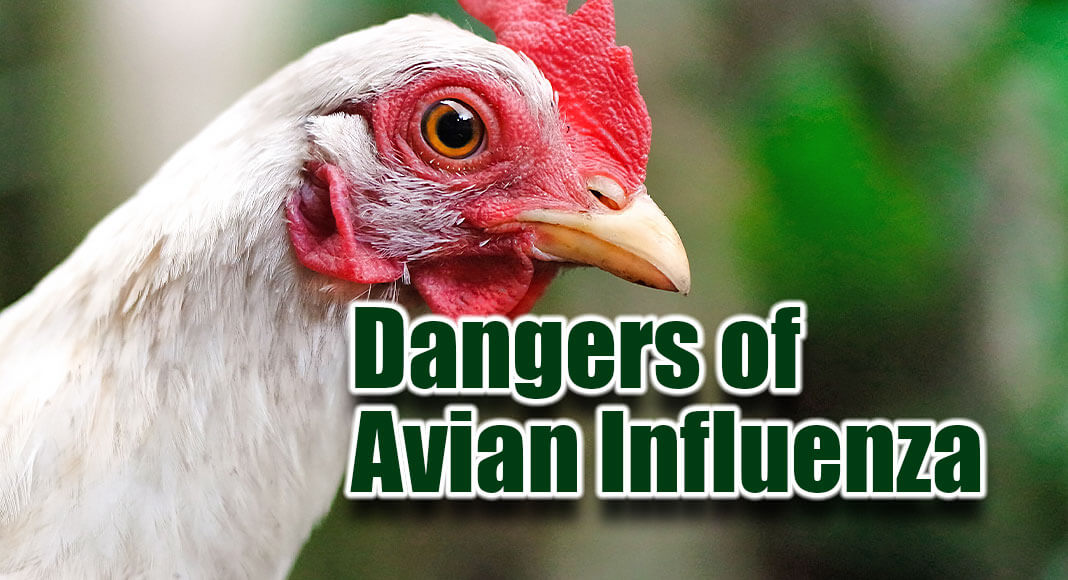
Mega Doctor News
AUSTIN, Texas – Recently, the National Veterinary Services Laboratories (NVSL) confirmed the presence of highly pathogenic avian influenza (HPAI) in a backyard poultry flock in Dallas County. As expected by disease experts, HPAI is again circulating amongst wild birds in Texas as fall migration has begun for waterbirds and waterfowl. Earlier this year, HPAI was discovered in a bald eagle and a horned owl in Texas.
HPAI has been detected in 46 states across the country and is a highly contagious virus that transmits easily among wild and domestic bird species. Symptoms include diarrhea, incoordination/stumbling, lethargy, coughing and sneezing and sudden death, though birds infected with HPAI may not always have outward signs of infection. The virus may spread in a variety of ways, including through contact with infected wild and domestic birds as well as by contaminated equipment, clothing and shoes of caretakers.
Because of the ease of transmission, TPWD recommends facilities with wild or domestic birds enhance their biosecurity measures to reduce the risk of introduction. The public can assist in interrupting HPAI transmission by limiting all unnecessary contact with wild birds. Wildlife rehabilitators should also remain cautious when intaking wild birds with clinical signs consistent with HPAI, quarantining them to limit the potential for exposures within the facility.
Additionally, game bird hunters should consider precautions such as disposing carcasses properly, wearing gloves when processing, avoiding consumption or processing of any sick bird, cleaning and disinfecting tools between carcasses using 10% bleach solution and cooking meat to proper temperature of 165 F.
The transmission risk of avian influenza from infected birds to people remains low for now, but TPWD advises basic protective measures (i.e., wearing gloves, face masks and handwashing) if contact with wild birds cannot be avoided. TPWD also recommends contacting the Texas Department of State Health Services (DSHS) for more information on the potential of HPAI to spread to humans and how to reduce your risk of exposure. If you had prior contact with a confirmed HPAI positive animal and are exhibiting signs of illness, immediately contact DSHS.
Those who locate birds with signs consistent with HPAI should immediately contact their local TPWD wildlife biologist or Texas Animal Health Commission Region Office. For more information on HPAI and biosecurity enhancement, please visit the United States Department of Agriculture and Texas Animal Health Commission websites.










